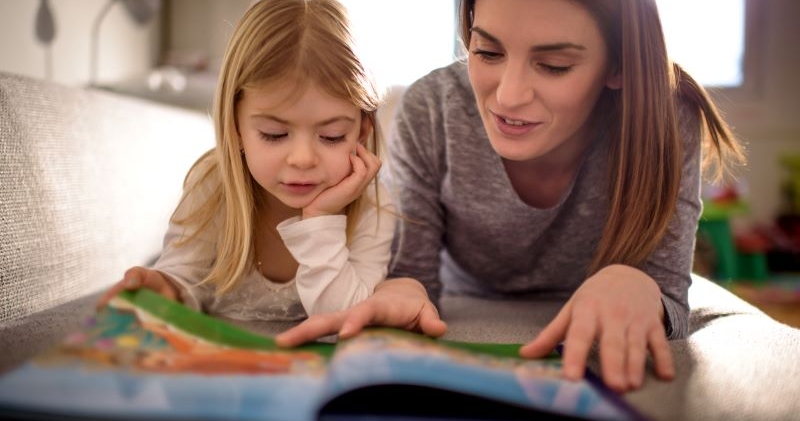| By Josephine Campbell |
Spring is such a heady time of year. I say this because a few hours ago, my daughter ranked it as her least-favorite season because of pollen. To me, sneezing a bit—or even a lot—is a small price to pay when daffodils are blooming; leaves are unfurling; and sparrows are perching on the branch outside my window, beaks full of nest-making materials. I live for the longer days too, lingering over a cup of tea after dinner and watching the sun set.
The spring season brings delightful beginnings, such as professional baseball, Little League games, and other athletics like soccer and track, but we face some endings too. Sports fans are likely following basketball playoffs, and ice hockey’s season will soon skate to a close. The school year will be winding down shortly, with college finals and the pomp and circumstance of graduations looming. I’m feeling nostalgic because my daughter is finishing her senior project, applying and interviewing for jobs, and planning her college graduation party.
Adding to my nostalgia are the recent news stories about book banning that have led me to recall books my children and I read together when they were young, like the Harry Potter and Hunger Games series. Because of the recent news coverage, students may be curious about the subjects of banned books. Gale In Context: Middle School online collection has information about Banned Books and Challenged Books as well as many works of literature. Among these are All American Boys by Brendan Kiely and Jason Reynolds, which addresses a host of issues, including racism and police brutality, and The Absolutely True Diary of a Part-Time Indian by Sherman Alexie, a semi-autobiographical novel addressing social class, identity, alcoholism, death, and grief. Students may compare the reasons that various books have been banned or challenged and discuss why the U.S. Supreme Court ruled in Roth vs. the United States that books with social importance could not be banned as obscene. Teachers can ask students what they think social importance means. All American Boys and The Absolutely True Diary of a Part-Time Indian could be good jumping-off points for this discussion or a writing assignment, given some of the issues they raise.
Banning books isn’t the only topic in the news lately. Big Tech has been hauled up to Capitol Hill, and TikTok has been banned from government phones in the United States and other countries. Youngsters might produce a PowerPoint on issues raised about media companies, social media apps, privacy, the impact of technology on mental and physical health, and the power of the internet—for good and ill.
Another topic I’ve been seeing in my news feed is Esports, competitive multiplayer video gaming. It seems almost weekly that I read about another college or university adding e-sports or building an eSports arena. Esports are a varsity sport at many schools now, and professionals in major leagues can earn millions of dollars a year in salaries and winnings, plus sponsorship deals and revenue from other sources such as in-game marketplaces and online content creation on YouTube and Twitch. Many children have favorite video games, but they probably don’t realize the first video game tournament took place in the dark ages—October 19, 1972! The game they played, Spacewar!, is a dogfight between two spacecraft, which is a far cry from most modern gaming. Students might also be surprised to learn that video game tournaments first became popular in the late 1990s—a time they might consider the Middle Ages. Students can learn more about the history of this multibillion-dollar business and video games in general in the Gale In Context: Middle School online collection and ask themselves how early games compare to what’s happening in gaming today.
I think it’s time to turn off the news for now. I have library books to read, a dog to walk, and graduation party invitations to prepare. Yes, this mom has senioritis and spring fever too. I hope you find time to smell the dandelions, or lilacs, or whatever is blooming in your corner of the world.

About the Author
Josephine Campbell is an editor and content producer for Northeast Editing, Inc. She has worked in journalism and in the classroom as a substitute teacher.


